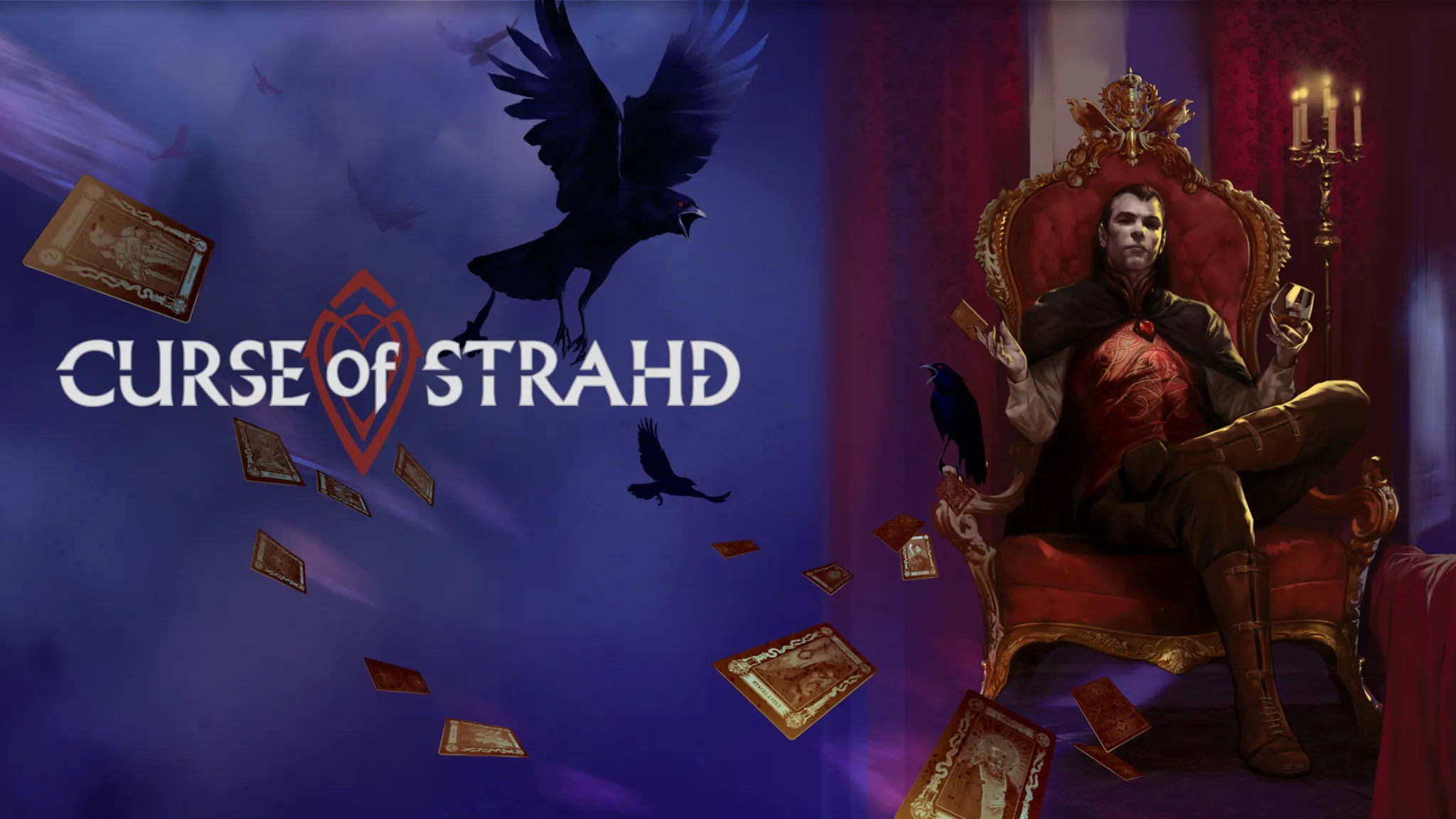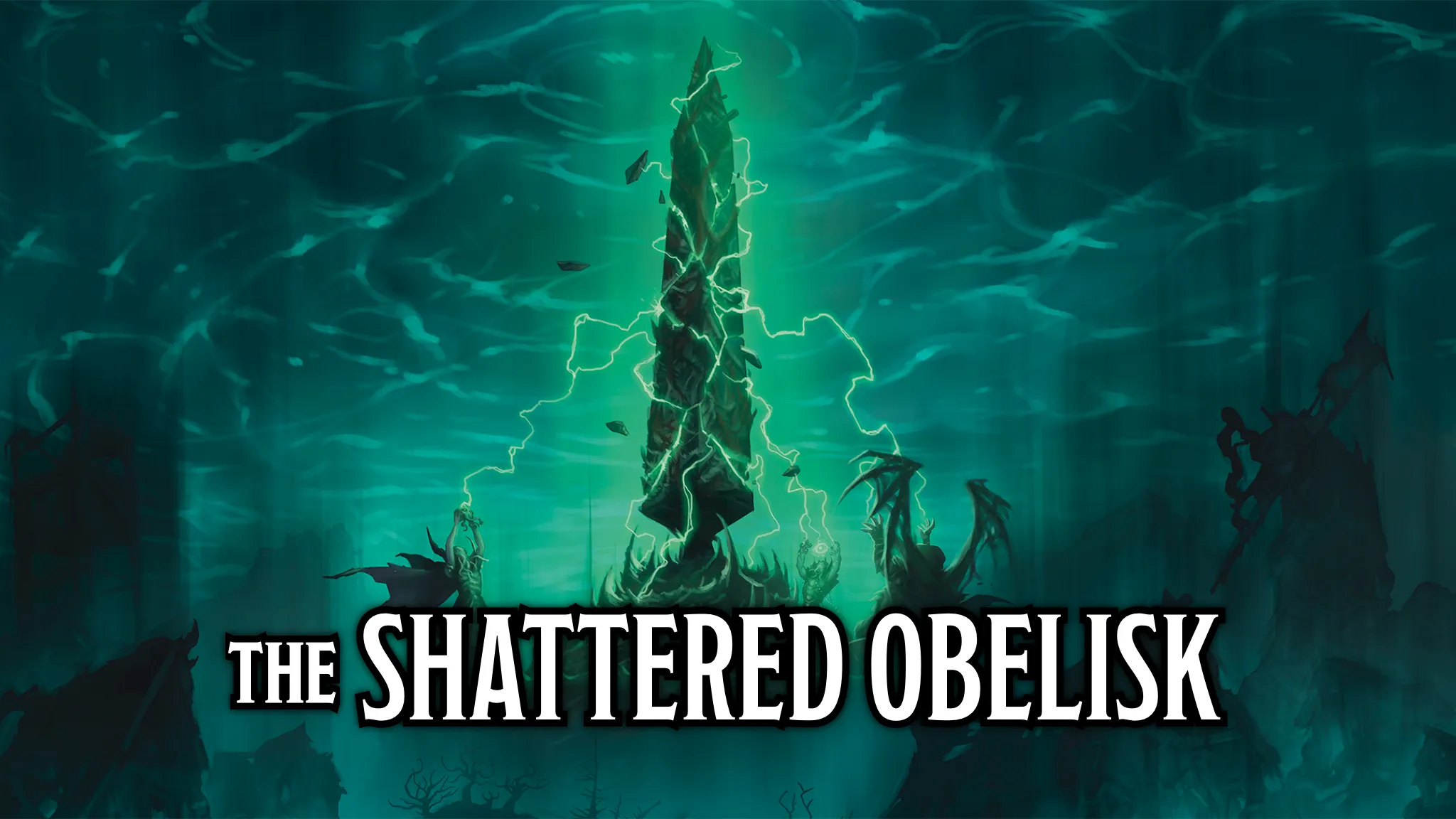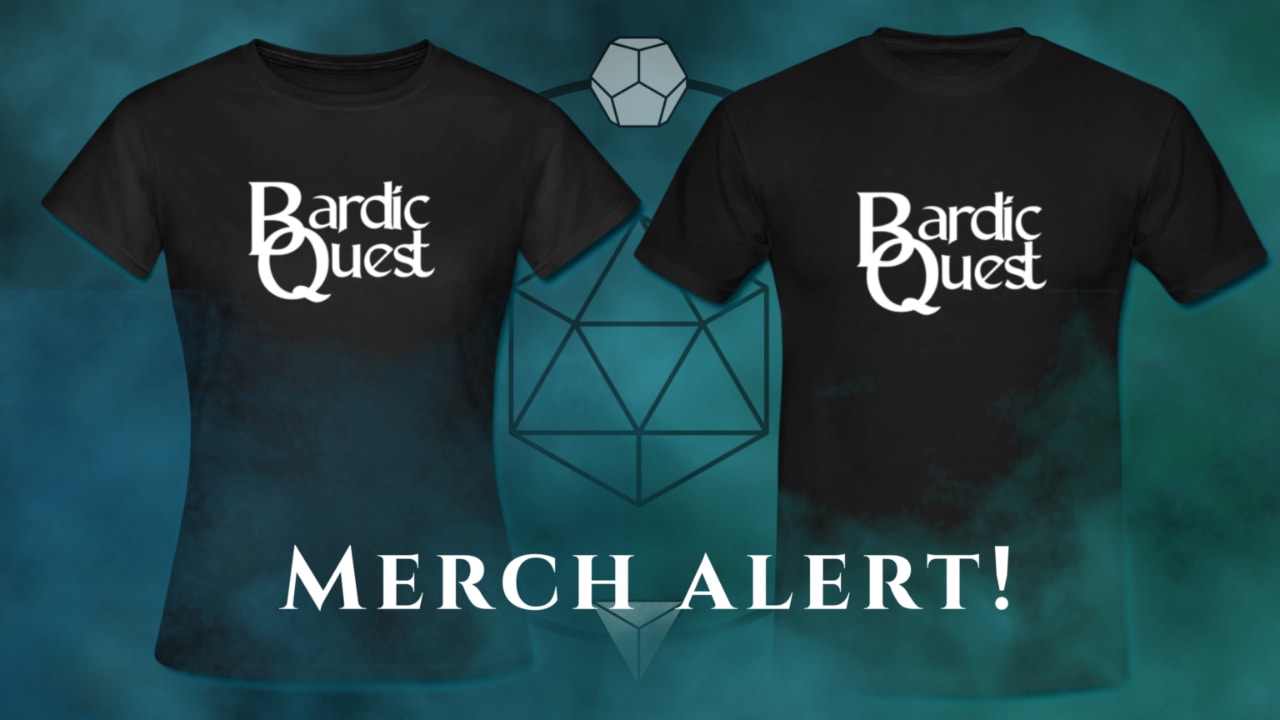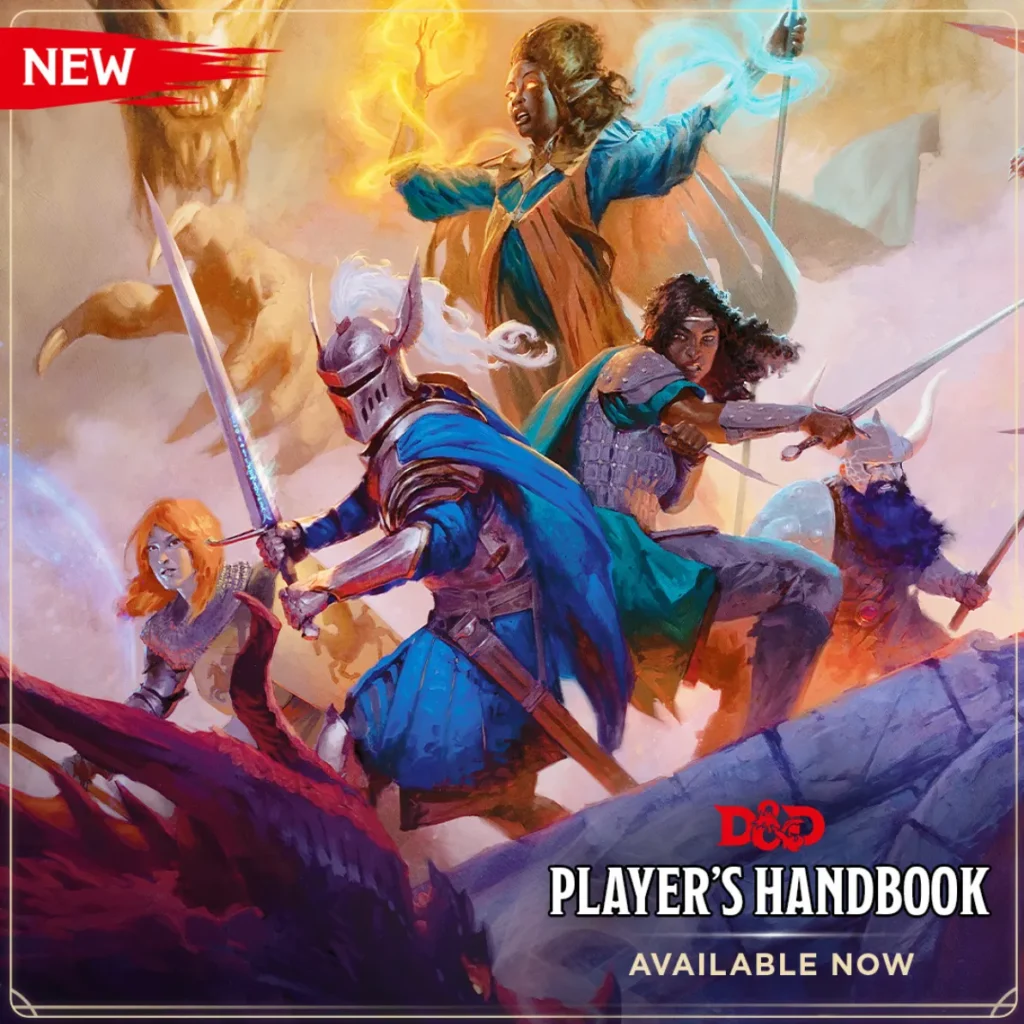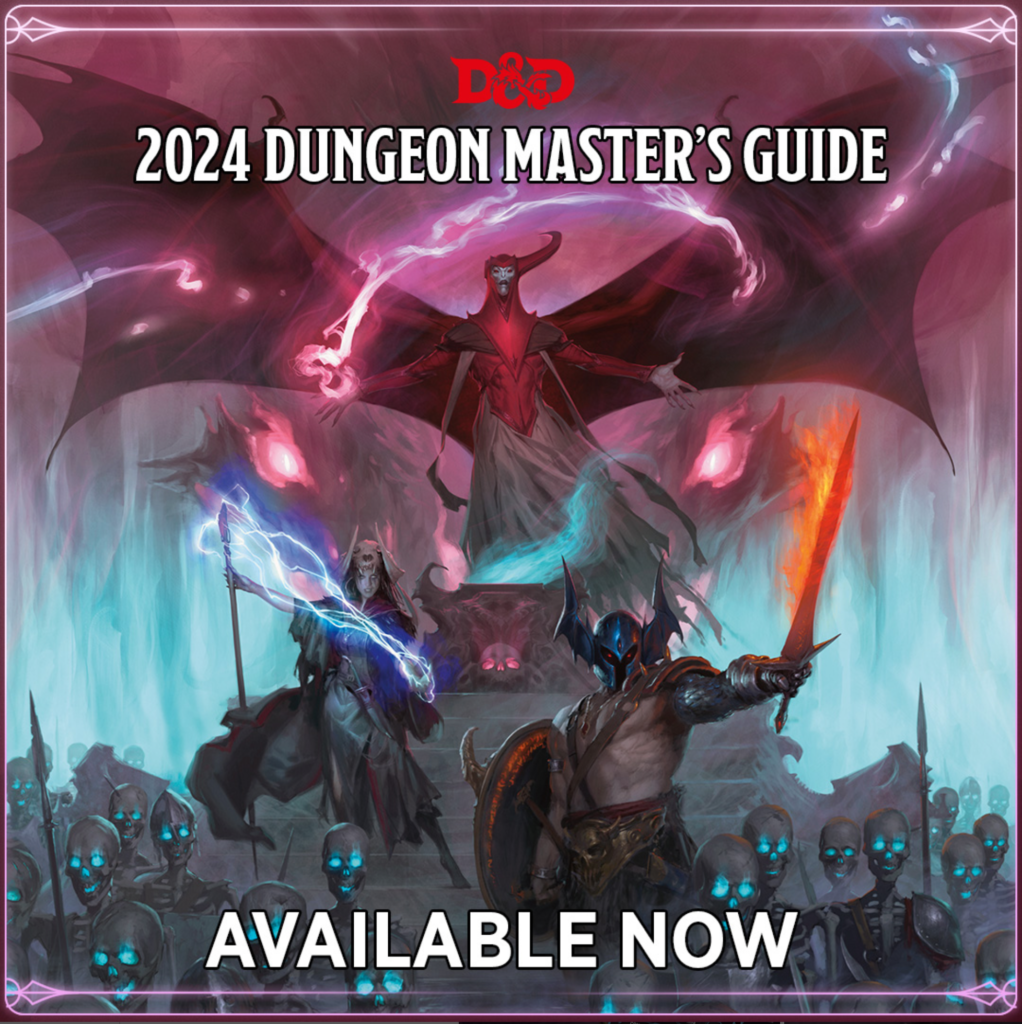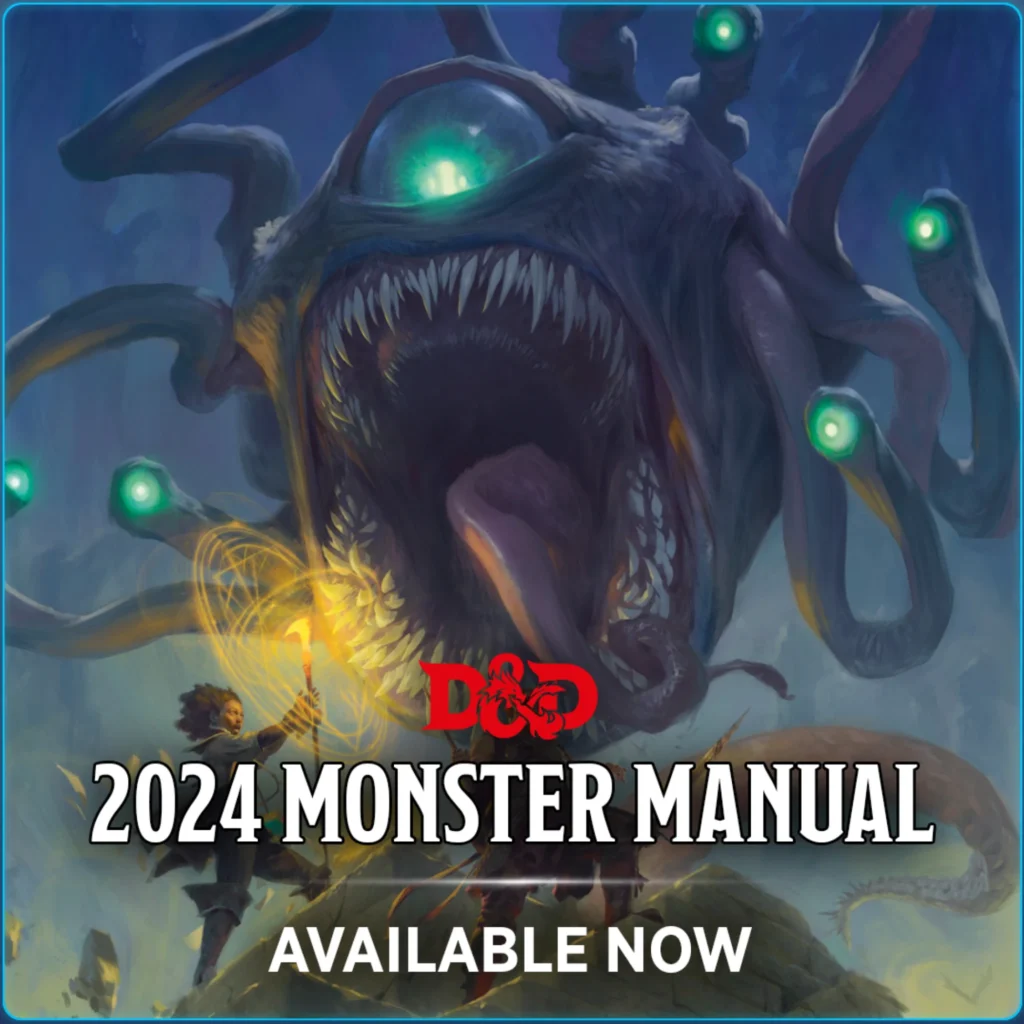Published on September 28, 2022
Written by Wayne Ingram
Dungeons & Dragons… those three words will conjure up all sorts of imagery straight away. It might make you think of fun times, sat around a table with friends. In recent years, it might make you think of hanging out over Zoom. Or, it might make you think of “nerds” hanging out in a basement dressed in fantasy garb. It might even – if you grew up in the 80’s – make you think of children being lured into demon-worship. But what really is Dungeons & Dragons?
Dungeons & Dragons: the Game
At its core, D&D is simply another table-top game. It is too simplistic to simply describe it as a board game, and nor is it right to look at it through the same lens as something like Warhammer. In reality it sits somewhere in the middle. In fact its origin comes from table-top war-games similar to Warhammer. Back in the mid 70’s, Gary Gygax – a man who had already co-published rules for such a war-game called Chainmail, posed the question to himself “What would a war-game like this look like if, rather than controlling a whole army, the player was responsible for only one character?”. From there, Dungeons & Dragons was born.
The game itself has evolved a lot since then, and we are currently living through the game’s 5th Edition. At its most pure level however, the concept of the game remains the same; a group of players create a character each, and using those characters they explore dungeons and slay dragons (and other creatures too!) It sounds really rather simplistic, but the fun of the game is when you peel back further at the other aspects of the game.
Dungeons & Dragons: The social event
One of the reasons that I believe that the game has stood the test of time, is perhaps the social aspect. Unlike many other games, D&D is not competitive. It is co-operative. A group of friends get together, are faced with an imaginary goal or problem, and the group work together, utilising their imaginations and lateral thinking to solve the problem or achieve the goal. You only have to look at the boom in “Escape Rooms” in the last decade to know that these are the sorts of things friendship groups crave!
Furthermore, the events themselves play out in our imaginations, but despite this – the peril and problem solving feel very real. In fact many a time, I have recalled past games to fellow D&D players, talking through the events of play in such a way as if they were real memories of the four of us encountering that strange house on the hill on a stormy night, finding that when we entered we could not leave until we eventually slayed the vampire and all of his undead minions. Similarly of that time when my friend tried to leap over a pit of spikes to barge down the door, only to find that the door had no give, and he had to quickly prevent himself from being impaled on the spikes below. Perilous! And all of this taking place, sat around his kitchen table, drinking fizzy drinks, snacking and laughing.
But most importantly of all, its an excuse for us to regularly get together!
Dungeons & Dragons: Make-believe
Remember being a kid, playing in the play-ground and pretending to be your favourite hero or villain? Fun times! It was make-believe at its finest. The possibilities were endless – limited only by your imagination. Until of course, the inevitable devolution into an argument. “Ha!” you’d exclaim, “I just wiped you out with super-duper magic sword of awesomeness!”
“No you didn’t!” your friend would respond, “I am wearing my anti-super-duper armour of defence! Your sword is broken!”
“No – I struck you before you were wearing it.”
“No, I’ve bee wearing it the whole time”
“Well I’ve coated my super-duper magic sword with anti-anti-super-duper magic – making my sword invincible so you are defeated anyway….”
You get the idea. People love make-believe. It’s why many of us (such as the cast of Bardic Quest) venture into the world of acting and performance. We never really grow out of it. Many forms of entertainment allow us to pretend that we are observing another world, but rarely do we get to be in it. D&D allows us to return to those make-believe roots. But what makes it extra special, is it provides us with a frame-work and rules to prevent such scenarios as “anti-anti-anti-super-duper awesomeness” (or how to lean into it if the scenario requires it.) It’s make-believe with rules and limitations.
Dungeons & Dragons: Group Story-telling
D&D provides a small group of people the opportunity to sit around the camp-fire (or the table in this case) and tell fantastical stories. Except unlike the story-telling of old, it is collaborative and every person sat around the proverbial campfire can participate and change the trajectory of the story. Imagine what would happen if when you were yelling at your television telling a character not to do something, and they reacted to what you said. That’s not too different to the possibilities that D&D can create. You get to see the story through your own character’s eyes, and you affect their story and decide their actions.
Dungeons & Dragons: Improvisation
If you have ever watched improvisation such as “Whose Line is it Anyway?” and the like, you might not be surprised at this concept. Many of the rules of improvisation apply to any good session of Dungeons and Dragons – most simply, when someone suggest something, go with it (provided you can make it work within the rules of the game).
Ultimately, the vast majority of any social interaction between characters is a form of improvisation, with each player allowing their imagination to run wild within the suspension of their own disbelief. And it’s wonderfully freeing.
So what is D&D?
All in all, D&D can be many things to different people. Hence it’s almost universal appeal. For some it’s a tactical war game, for others it’s an excuse to meet up with friends. Especially in more recent years, the hobby has gone from strength to strength as a form of escapism, ad story-telling. But for me, D&D works at its best when the table leans in to every single one of these aspect of the game, pivoting and morphing to keep everyone on their toes and surprising everyone (including the Dungeon Master).
